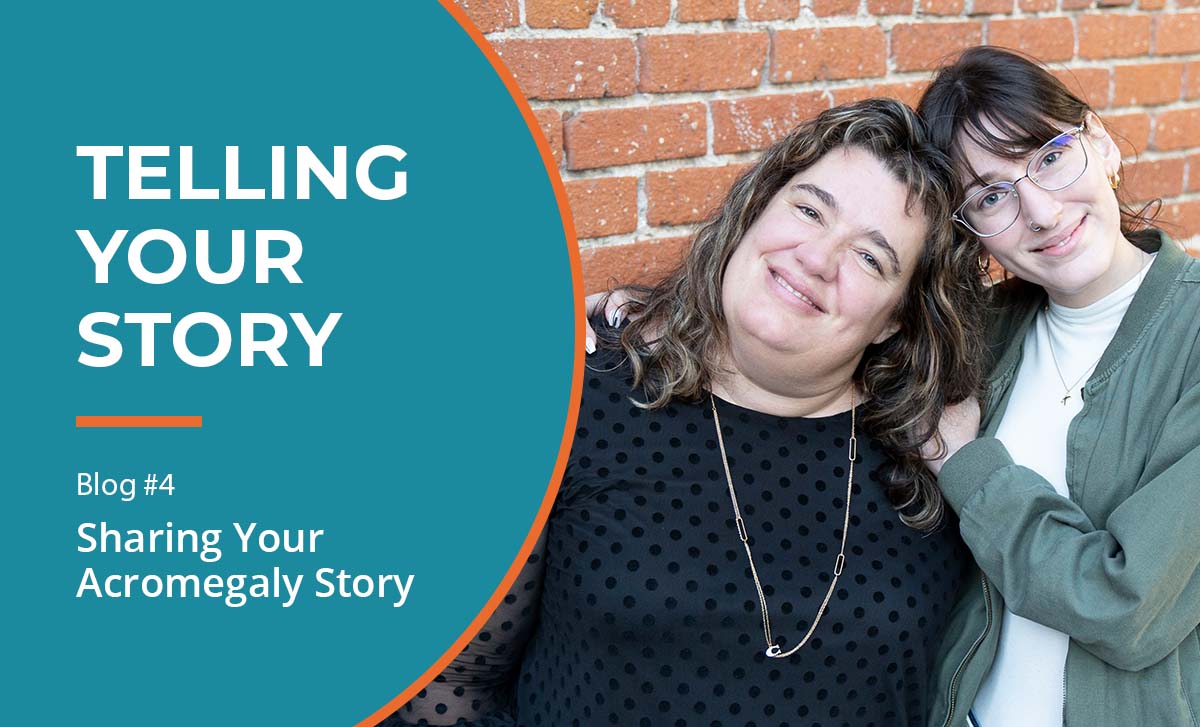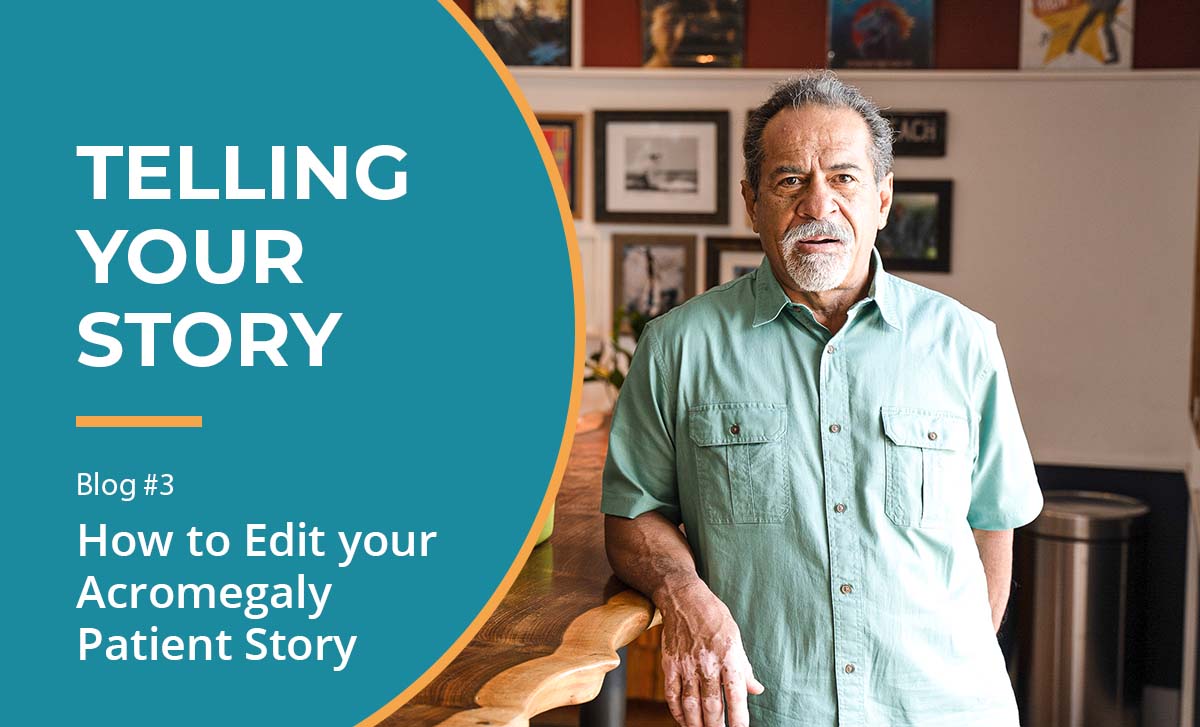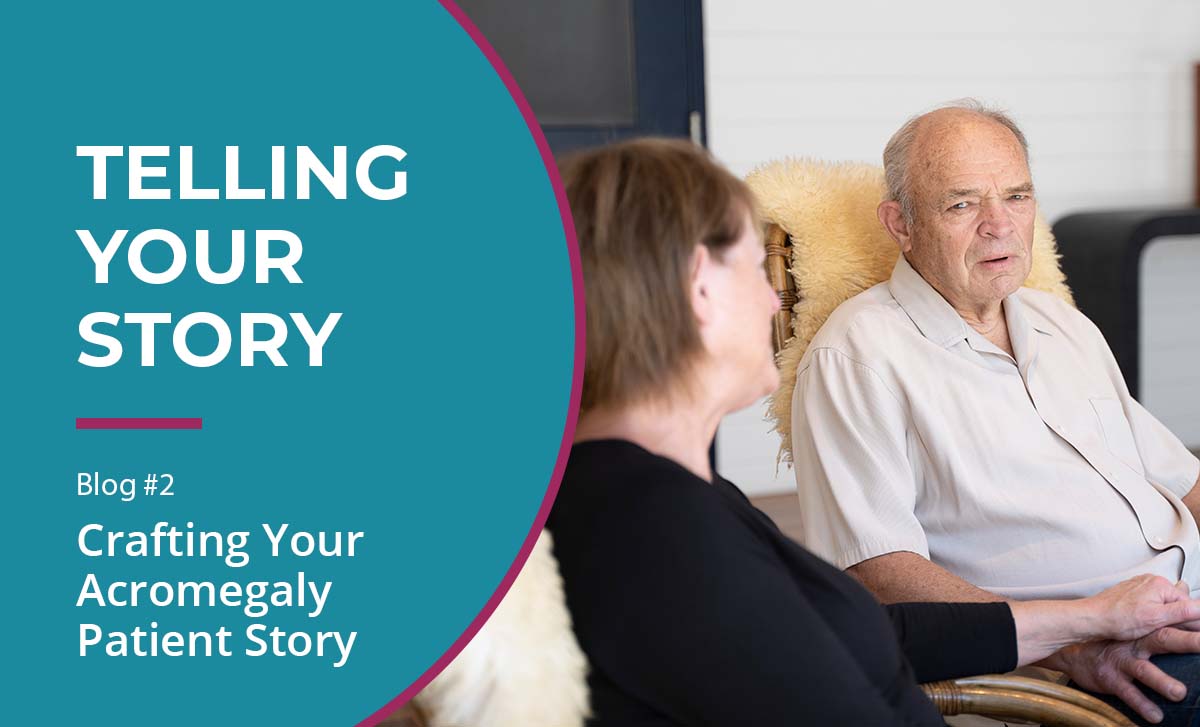How Family and Friends Can Help Someone with Acromegaly
“Is there anything I can do?”
People with acromegaly have no doubt heard these six words from friends and loved ones many times…well-meaning people who genuinely want to help but don’t know how. If you have acromegaly, you can make these suggestions to those who ask. And if you’re the one reaching out, here are some things to keep in mind when you’re offering your support.
Listen. The most basic and important way you can help, listening is a skill you get better at the more you do it. Let a genuine curiosity inform your questions1, and really tune into what the person with acromegaly shares with you. Everyone yearns to be heard and making someone feel that way is one of the most loving and profound gifts you can give them.
Trust. The awareness level for a condition like acromegaly isn’t high – not even among medical professionals. This means someone with a rare disease often becomes something of an expert on it. If you want to support them, trust that they know what they’re talking about. They probably do.2
Do your homework. You can spare the patient a lot of frustration and fatigue by coming from an informed place. Don’t put the onus on them to educate you about their disease.2 Google, Wikipedia, and professional associations are three great starting points, and you can also check out the links in the Resources section, below.
Specify. Even once you’ve done your homework, don’t presume your acromegalic friend or loved one necessarily wants to hear from you on everything you’ve learned. Getting unsolicited information from you can make them feel inadequate; that they haven’t done enough for themselves. So ask them what kind of advice or information they might want from you, if any.2 And respect their boundaries. Same with physical help, whether it’s chores, errands, cleaning the gutters, or anything else. Notice what they’re struggling with and ask if they want your help.2
Connect. There are support groups for people who support others with rare disease. This includes groups for those who are advocates for people with acromegaly. Not only can such a group be a source of comfort and strength for you, but it also helps you be more informed and better prepared to discuss your loved one’s condition with others, including doctors.3 And remember that thanks to the internet, this support doesn’t have to be local.
These five areas are really just the tip of the iceberg when it comes to ways you can help someone living with acromegaly. For additional insights, important considerations, and supportive ideas, read our full interview with two experienced therapists and acromegaly advocates.




